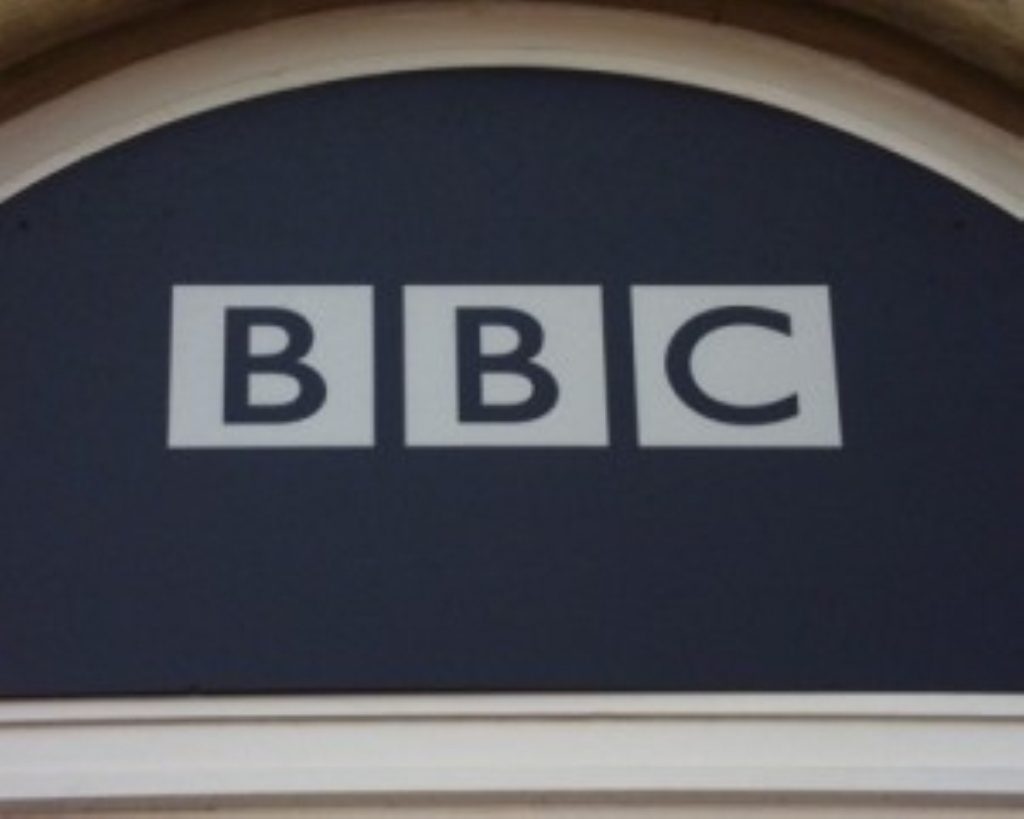BBC counsel pleads ‘public interest’ defence
The BBC’s counsel, Andrew Caldecott, has defended the corporation’s actions over defence correspondent Andrew Gilligan’s story, in which he alleged the government had “sexed up” a report on Iraqi weapons to strengthen the case for war.
Summing up at the end of the Hutton Inquiry into the death of Ministry of Defence scientist Dr David Kelly, Mr Caldecott declared that there could be few subjects of greater public interest than the reasons presented by the Government to its people for the possible grounds for war.
He pointed out that the Prime Minister, Tony Blair had made it clear to the House of Commons on the day the September dossier was published that it was necessarily a matter of trust.
The lawyer explained that Dr Kelly had spoken to three different journalists at the BBC about his concerns that the September dossier had been subject to ‘political interference’ and stressed that the BBC had not presented the criticisms as true, but as credible.


Mr Caldecott said there were other UN weapons inspectors concerned about the claim that Iraq could launch weapons of mass destruction in 45 minutes, because it did not fit any known Iraqi systems.
He insisted that Mr Gilligan had sought to verify the information provided by Dr Kelly, though he admitted that Mr Gilligan’s 6.07am broadcast on BBC Radio 4’s Today programme should not have been unscripted.
The BBC lawyer asserted that Dr Kelly stated that the September dossier had been ‘sexed up’ and that people in the intelligence service were not happy with the 45-minute claim.
He said that the BBC accepts that Downing Street should have been notified about the broadcast on the evening before.
He maintained that Alastair Campbell could have pursued a complaint with the Programme Complaints Unit of the BBC or the Broadcasting Standards Commission, but instead ‘went strategic’ accusing the BBC of lying at his Foreign Affairs Committee evidence session and writing letters directly to corporation heads.
The BBC governors had no obligation to meet because there had been no formal complaint from the Government, Mr Caldecott said. However, he added that the governors did not uncritically endorse the BBC’s management.
He criticised the Government for not keeping more detailed records of meetings about the row and for allowing misinterpretations of the 45-minute claim to continue to appear in the press.
Dr Kelly apparently committed suicide after being named as the ‘source’ for Mr Gilligan’s report for the Today programme.
Mr Gilligan’s counsel, Heather Rogers, was fourth to give a closing submission. She admitted to the inquiry that her client made errors, but stressed that he had reported the story in good faith.
She opened saying ‘it is important to acknowledge that it was right for Andrew Gilligan to talk to David Kelly’.












